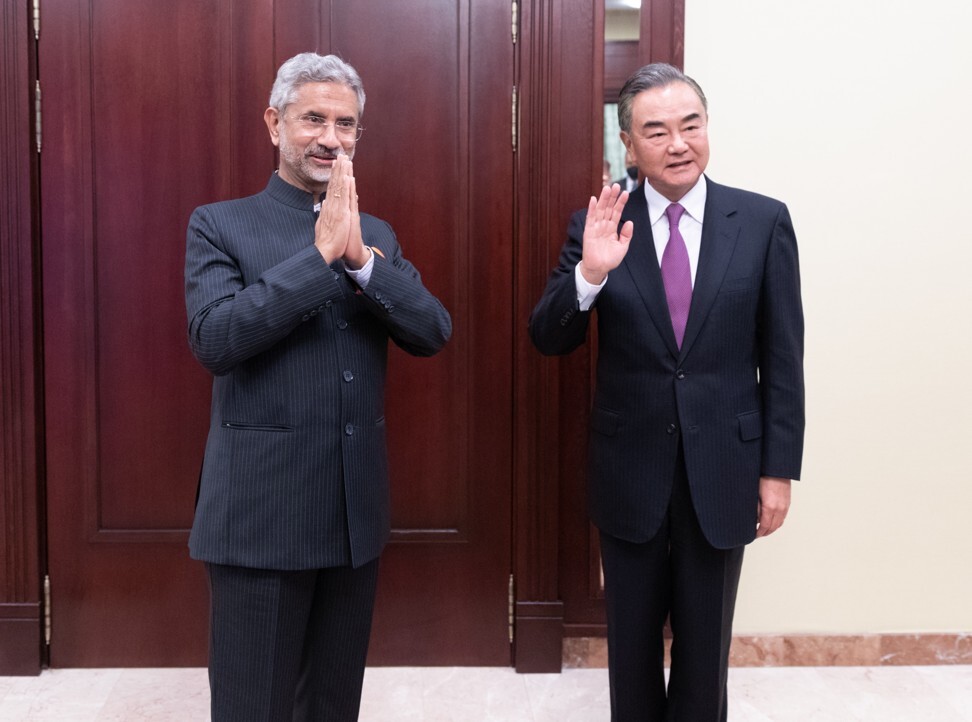
China-India border dispute: now we both have an incentive to ease tension, says ambassador
- China’s envoy to India Sun Weidong says relations are at a crossroads and mutual trust and stability are crucial
- A five-point consensus may have been reached but Beijing will use military if New Delhi veers from agreement, according to Global Times editor
China-India border dispute: its origins and impact
“China-India relations have once again come to a crossroads,” said ambassador Sun Weidong in an embassy statement on Monday.
“Whenever the situation gets difficult, it is all the more important to ensure the stability of the overall relationship and preserve mutual trust. As long as the two sides keep moving the relationship in the right direction, building on the previous achievements, there will be no difficulty or challenge that can’t be overcome.”
Sun said meetings between the foreign ministers in Moscow last week were an important step in the right direction that would provide “political impetus” to ease border tensions.
Chinese Foreign Minister Wang Yi and Indian External Affairs Minister Subrahmanyam Jaishankar agreed to a five-point plan during in-person meetings on Friday. They agreed that the two sides should “quickly disengage” troops from the border.
Flexing of military might on both sides continues even as foreign ministers urge de-escalation and more talks.

Hu Xijin, editor-in-chief of the state media tabloid, Global Times, said on Thursday that the drills targeted the China-India border situation.
“China hopes the five-point consensus reached between the two foreign ministers can be implemented but is ready to strike a heavy blow to Indian troops if they refuse to implement it,” he said in a tweet on Monday.
In a speech marking the opening of India’s 18-day parliamentary session, Prime Minister Narendra Modi told the country its lawmakers stood behind India’s armed forces with one voice.
“Today, the brave soldiers of our army are on the borders. They are defending the borders with great courage and high spirits, in difficult terrain,” he said.

